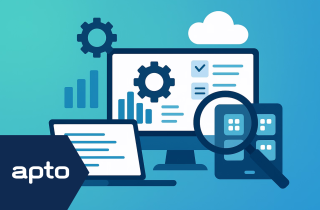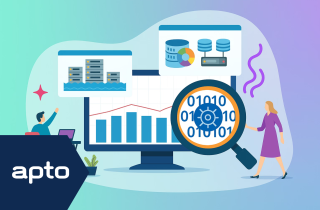
Organisations leveraging Splunk or any SIEM, for their observability and security needs, Cribl emerges as a powerful ally, especially in the exponential growth of data. By acting as a versatile data routing and processing tool, Cribl optimises how data is ingested, stored, and integrated. In this blog, we explore five key ways Cribl enhances your Splunk / SIEM deployment, saving time, reducing costs, and streamlining operations.
1. Streamlined Data Routing and Ingestion
One of Cribl’s standout features is its capability to route data precisely where you need it. Whether it’s directing data to Splunk, a SIEM, a data lake, or another destination, Cribl allows you to specify exactly which data goes where.
This level of control helps you:
- Filter out unnecessary noise before it ever reaches its destination, reducing licensing costs.
- Eliminate the clunkiness often associated with SIEM routing through heavy or SIEM specific forwarders.
- Act as an intermediate forwarding tier, simplifying data flows from endpoints to Splunk or other destinations.
By optimising routing, Cribl ensures only relevant data makes it to Splunk or your SIEM, making your deployment more efficient and cost-effective.
2. Efficient Data Processing and Enrichment
Cribl excels in transforming and enriching data on the fly, a task where Splunk and other SIEM’s have traditionally struggled.
With Splunk for example, creating transforms often involves writing back-end code, a tedious process requiring constant testing and refreshing. While Splunk now offers solutions like Edge Processor and Ingest Actions in Splunk Cloud, Cribl’s product-agnostic approach provides a seamless user interface for managing these transformations.
Benefits include:
- Simplified data enrichment and transformation processes.
- Faster setup and real-time validation of data changes.
- Compatibility with multiple platforms, not just Splunk.
This versatility ensures your data is prepared and optimised before ingestion, improving in this case your SIEM’s performance and usability.
3. Cost-Effective Management of Historical Data
Storing historical data in any SIEM can be expensive due to storage and licensing costs. Cribl addresses this challenge by offering smarter alternatives.
Using Cribl, you can:
- Export a full copy of your data to more affordable storage solutions, such as data lakes or their own lake.
- Replay data from cheaper storage back into your SIEM when needed, such as for audits or compliance.
- Reduce the volume of data stored in your SIEM, leading to substantial cost savings.
This approach ensures your data is always accessible without incurring the high costs of SIEM storage.
4. Simplifying SIEM Migrations
Migrating from one SIEM or data platform to another can be a complex process, but Cribl makes it significantly smoother.
Cribl allows you to reroute all your data streams during migrations, ensuring seamless transitions between platforms. For example:
- Moving from Splunk to Azure Sentinel is simplified by directing data through Cribl.
- Similarly, migrating from Azure Sentinel (or any SIEM) back to Splunk is equally efficient.
- Run both SIEM’s in parallel for extensive prod tests, Cribl is multi destination
By acting as a bridge, Cribl reduces downtime and accelerates migrations, ensuring data continues to flow smoothly throughout the process.
5. Easier Integration of Complex Data Sources
Handling challenging data sources like syslog messages can be a headache, but Cribl makes it straightforward.
Traditionally, integrating syslog with Splunk and other SIEM’s required additional tools like Syslog-NG servers or Splunk Connect for Syslog, which rely on numerous pre-configured filters. Cribl eliminates the need for these intermediaries, offering:
- Direct ingestion of syslog messages into Splunk.
- Greater control over syslog data during onboarding.
- A simplified, more efficient process for managing these data sources.
With Cribl, organisations save time and effort while improving the quality and usability of their syslog data.
Conclusion
Cribl brings transformative benefits to Splunk and any SIEM, from optimising data routing and processing to cost-effective storage and simplified migrations. Whether you’re looking to streamline operations, reduce costs, or enhance data integrations, Cribl is a valuable addition to your tech stack. Read more here
-

26 June 2025
SIEM Platform Management
-

26 June 2025
Using Your Data Effectively in Enterprise Security
-

26 June 2025
Data Discovery Process
See how we can build your digital capability,
call us on +44(0)845 226 3351 or send us an email…
